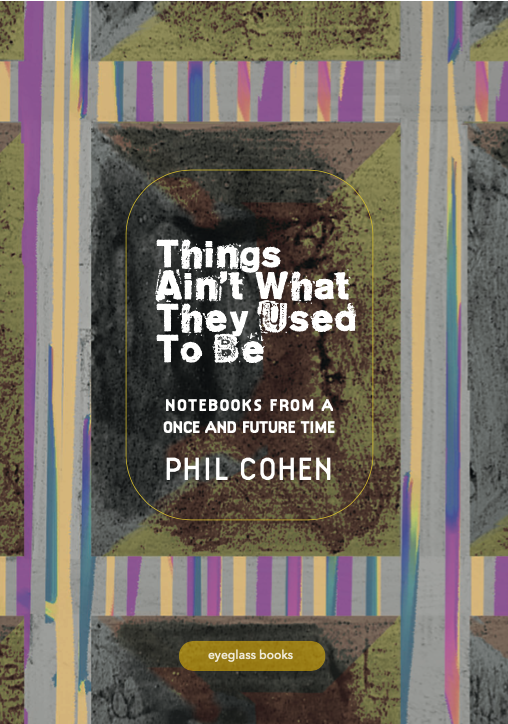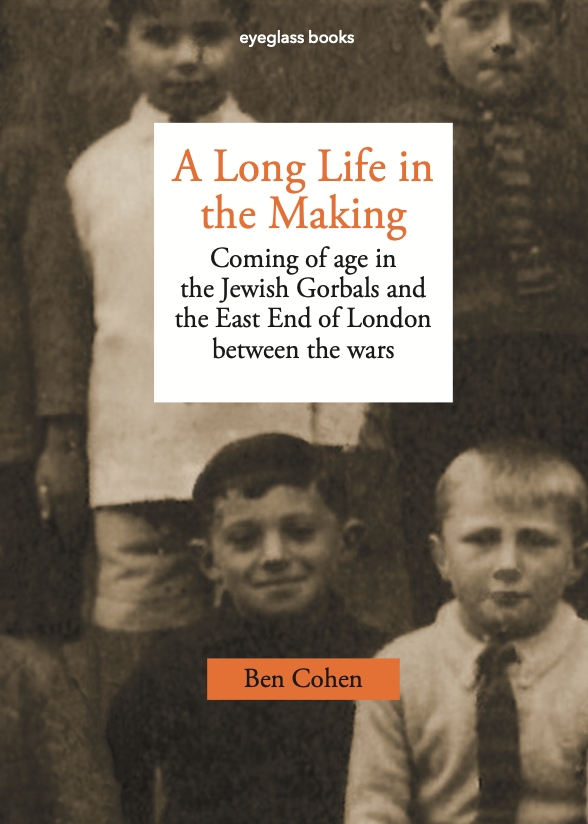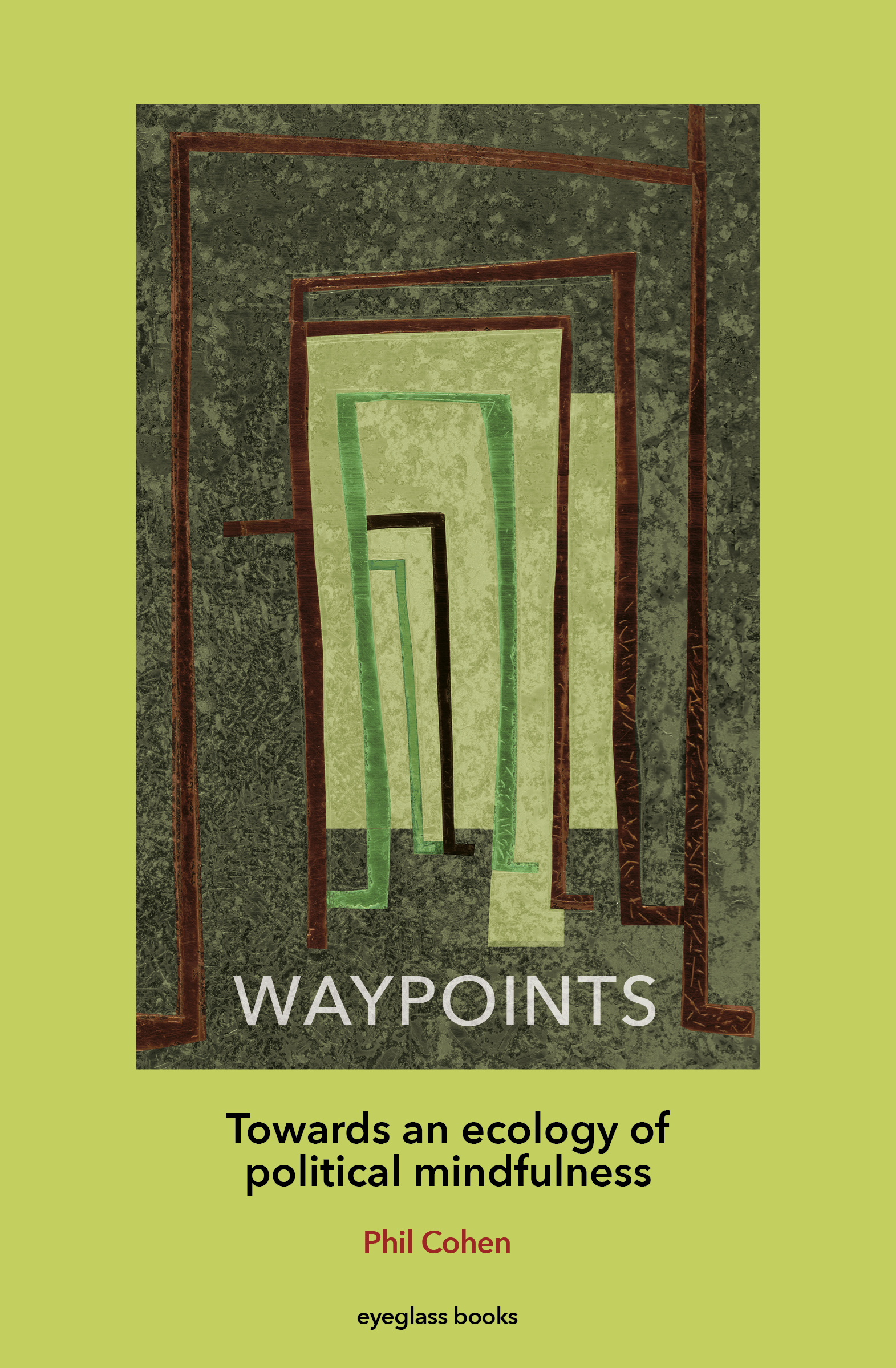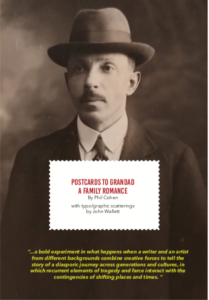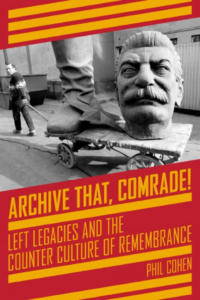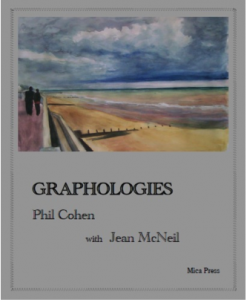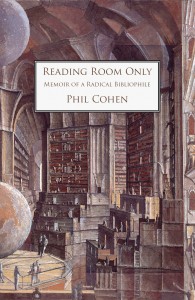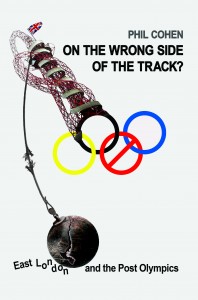This month, on September 12th, is the anniversary our adopted son’s death. We still do not know the exact medical cause as the inquest has been repeatedly postponed; the pathologist’s diagnosis of Central Pontine Myelinolysis concerns a condition which is almost as mysterious as the circumstances of his death in hospital. CPM is definitely associated with chronic alcoholism, but also with AIDS and a number of other serious disorders which have neurological complications. Its symptomatology includes seizures, of which Ste suffered several, although these may also be symptoms of alcohol withdrawal. There is little or no treatment or cure, and prognosis is as uncertain as aetiology: a third of patients die, a third survive but remain in a semi-vegetative state for the rest of their lives and a third spontaneously recover. In any case the hospital have satisfied themselves, though not us, that this death could not have been foreseen, that intensive care would have made no difference and that despite the fact that Ste was unattended for long periods during the night, during the last of which he began to die, everything that could have been done, was done.
Against such a confused background, it is tempting to construct a consoling, counterfactual narrative around this tragic event. If only the seriousness of his condition has been recognised earlier, and he had been put in intensive care, perhaps he might have been saved…. If only he had not discharged himself from the rehab centre and gone on that last fatal binge…. What if we had been able to persuade him to stay with us instead of going to Carnival? The counter-factual is an all too willing accomplice of guilt, even as it injects a principle of chance or choice – and hence counter-finality – into a life story that otherwise seems to unfold as an ineluctable destiny, the chronicle of a death foretold.
We discovered that Ste’s biological father also had a drink problem and although they never met, they did communicate by email and phone, especially towards the end. Perhaps it was comforting for Ste to be able to share his problem with someone similarly afflicted, and to be able to think that despite his dad’s long standing reluctance to recognise him, he was after all the proverbial ‘chip off the old block’. There is some evidence that a predisposition to alcohol or drug addiction may be inherited; in any case it is difficult for adoptive parents to admit that biology may in some cases become destiny, and that despite all their best efforts they cannot reverse the psychological damage done in the early years.
People used to believe that the course of their lives was written in the stars; today, as a result of the Genome project, it is increasingly regarded as being written in their DNA. At the same time we are continually being told that we are authors of our own lives and what we can achieve is only limited by the scope of our ambition and the scale of our effort to succeed. It is what you make out of what you are made of that counts. These principles cannot be reconciled, but they can both be made applicable, albeit unequally, to life- historical outcomes. Evidently, as a general rule the more favourable the material, social and psychological circumstances of the early years, the easier it is to cope with the ups and downs, the wear and tear of adult living, and mitigate the process of ageing. All things being equal ( which, of course, in terms of life chances they are not) the better the beginnings, the happier the ending. By the same token, those who have the least going for them are most likely to be at the mercy of their biological legacies and to be blamed for making the wrong life style choices.
More broadly there is a question about the shifting limits and conditions of inheritance as a framework for representing relations between the generations. In a supposedly post- patriarchal society, which fetishizes individual autonomy as the goal of human development and regards any form of dependency on collective support outside the family as pathological, both young and old, children and parents are made to bear a peculiar burden of representation as the carrier of each other’s hopes and fears. The experience of loss and mourning, envy and gratitude, the whole structure of feeling which articulates the succession of generations, becomes ever more ambivalent and fraught with unacknowledged contradiction. ‘Thirds Agers’ enthusiastically embrace the structured irresponsibility of adolescence, while ‘Generation Y’ are plunged into ever longer periods of economic dependence on their families, as well as ever more precocious forms of ‘adult’ sexuality and consumption. Anxiety of influence is no longer about the travails of inter-textuality experienced by ’post- modern’ intellectuals, it describes the texture of inter-generational relationships as these are enacted in contemporary, non-nuclear, families across the Western world.
In patriarchal cultures and religions the protocols are clear cut. The rights and responsibilities of one generation vis a vis another are well defined and regulated by both custom and institutional practice. The respective duties and obligations of parents and children are codified and not subject to negotiation, even and especially when they are transgressed. It is at the moment of a death, in practices of private mourning and public commemoration, that these rules and roles are ritually expressed and enforced in their fullest and most dramatic form.
At the time of Ste’s death, by a fateful coincidence, I was reading Leon Wieseltier’s Kaddish, a marvellous meditation on the Jewish tradition of mourning and its way of understanding matters of life and death as an inter-generational exchange. Kaddish is a prayer offered up for the deceased, traditionally for a father by his son, though it can be the other way round, and is nowadays just as much made by and for women. The prayer is said weekly for a year and is a performative act in so far as its utterance takes the form of an intercession, an attempt at redemption made conditional on ritual observance. The son acquits the dead father of any shortcomings in the discharge of his parental duties by the faithfulness with which he fulfils his filial obligation to say Kaddish. So whereas in life it is parents task to forgive their children, in death the roles are reversed. But is the situation complicated when the father or mother has to say Kaddish for their son or daughter? Do they have to ask the dead child’s forgiveness for their failure to protect him or her from the forces of death and destruction, including self-destruction? Does that then mean that they are interceding only on behalf of themselves? The implication of Kaddish is that our parents have to die before we can truly become their children. But is it the case that we only learn what it means to be a parent when we cease to be one?
As I wrestled with this conundrum I became more aware that the drive to deny or disavow what has happened, the fact of Ste’s death, was all the stronger because I had no consoling belief in an afterlife. There is today no shortage of surrogates for religious faith, all of them involving some technology of magical thinking. Cyber-spiritualism flourishes, and you can visit virtual cities of the dead where you can email your loved ones and get some reassuring message back without the interposition of a human medium. But the actual work of resurrection, which certainly always involves memory work, is also always something more and more difficult than simply continuing to hold the dead person in mind. For to do just that is to use those memories as a defence against the experience of loss, or else it becomes a way of staking a claim to posterity on their behalf which is unsustainable. The apparent alternative, to let them disappear into nothingness, in order to ‘reach closure’ in the current jargon of bereavement counselling, is just as much a disavowal of the part of us that dies with them, and which will continue to haunt us as long as we live. The saying ‘let the dead bury the dead’, once divested of its evangelical Christian connotation, becomes a meaningless injunction.
What the work of mourning can do is free the deceased from the consequences of their death; we can lift the burden of representation we place on the departed by what we project on to their posthumous identity, which, like as not, turns out to be a highly idealised portrait that bears little resemblance to their actual lives. Instead we have to re-entangle ourselves in the complexity of our relationship with them, in all its ambivalence and contradiction. This is what Allen Ginsberg achieved in his great poem Kaddish about the death of his mother, Naomi, which traces ‘ your time and mine, accelerating towards Apocalypse’.
Our current mode of address to the dead, which is largely couched in the idiom of eulogy, does not help in the task. The gatekeepers of immortality, as Zygmunt Bauman has reminded us, operate through the bias of cultural norms of achievement which ensure that while many are called – especially in the era of the democratisation of Fame – few are chosen to join the pantheon established in the name of the nation and its collective memory. What is left to lesser mortals is ‘a good death’ : dying happily ever after, surrounded by loving family and friends, after a long and fulfilled life and with all one’s affairs in order, leaving behind no bad debts, emotional or financial . But what if this is not possible? If the death is sudden, if the process of dying unexpected or even oblivious, and what is left behind is a mess? In such situations the task of mourning becomes to undertake and complete an ending that could not otherwise be accomplished, and so restore to the death its proper principle of punctuation. But perhaps that is to beg the deeper question of what could ever be timely about death?
It is conventional to refer to the deceased as ‘ the Late’, as if somehow their lack of punctuality, far from being terminal, is merely due to being held up in traffic. But perhaps the term also intimates that every death, however expected, is untimely, in that it throws those left behind outside the flow of clock time into a kind of chaotic synchronicity which spins ceaselessly around an absence. And in the era of space/time compression, where a metaphysics of presence – or rather its dissimulation – is available 24/7 simply by tapping on the screen of a portable digital device, finding oneself outside the global information flow becomes entirely disconcerting; it is as near to the experience of being one of the undead as one is likely to get.
Nevertheless archive fever, the exponential growth of memoir publishing, and proliferating cults of commemoration all testify to a widespread desire for a coherent narrative grammar that can make sense of a life history in terms wider than itself without recourse to some transcendental teleology enshrined in political or religious ideology. Symptomatic of this quest is the elaboration of secular rituals around the disposal of the physical remains. Today, when the chimneys of Auschwitz have all but faded from collective memory, cremation is the politically correct way to go; it is cleaner and tidier ( though not greener) than burial, and no-one wants to leave behind an ecological footprint, however skeletal. But what to do with the ashes?
If the urns and caskets on offer at the Co-Op Funeral parlour are anything to go by, the most popular solution is to create some kind of domestic mausoleum. Not that you have to opt for the baroque or the kitsch. We have some of Ste’s ashes in a simple jar made for us by a potter friend, placed by the pond at the bottom of our garden in Wivenhoe, where he liked to spend time.
The alternative is to scatter the ashes at some appropriate place: a favourite haunt, a mountain or cliff top, a seashore. You can have your ashes scattered from an aeroplane or even sent into orbit around the earth. The provenance of this symbolism is obscure but it seems to signify either a desire to return to some primordial home or, conversely, to spread out to as much of the world as possible – a posthumous version of roots or routes. Perhaps this is also an echo of the double movement precipitated by a death – the dispersal of wordly goods and the concentrated swarm of memories they evoke in which a life is retrospectively re-assembled.
Ste’s guitars went to his best friend with whom he spent many happy hours jamming.
The van in which he spent his last days contained what was left of his books, including a soiled copy of Kafka’s short stories which I gave him.
His mobile phone was impounded by the police who investigated his death, but eventually went to one of his sons.
Two of the drawings he made while in Rehab we have had framed and one of them is reproduced on the dedication page of ‘Graphologies’, the book of poems, prose and paintings which Jean and I recently published in his memory.
Yet between the thing which survives as an evanescent trace of its owner and what it comes to represent, between the territory and the map of a life there remains a gap whose bridging requires a special kind of language, words that take flight in the quest for what escapes them.
In Falling out of Time, David Grossman’s fable of parental grief at the death of a child, the Walking Man and the Centaur set out on an Odyssey to recover the meaning of the loss; this is eventually discovered in the separation which language makes possible between the memory of the event and the pain it causes . The book ends at the point where their dialogue converges on this point of recognition. To end this letter, which is not one, since it is not written in the expectation of a reply from its addressee nor an prayer of intercession directed at some Supreme Being , I can do no better than quote from the final passage:
THE WALKING MAN
And he
Is dead.
I understand, almost,
The meaning of
The sounds: the boy
Is dead.
I recognise these words
As holding truth.
He is dead,
he is
dead. But
his death
is not
CENTAUR
Yet still it breaks my heart
My son,
To think
That I have –
That one could-
That I have found
The words.
Books Cited:
Leon Wieseltier Kaddish Vintage Books 1998
Zygmunt Bauman Mortality, Immortality and other Life Strategies Cambridge Polity 1992
Allen Ginsberg Howl, Kaddish and other Poems Penguin Books 1992
David Grossman Falling Out of Time Jonathan Cape 2014
